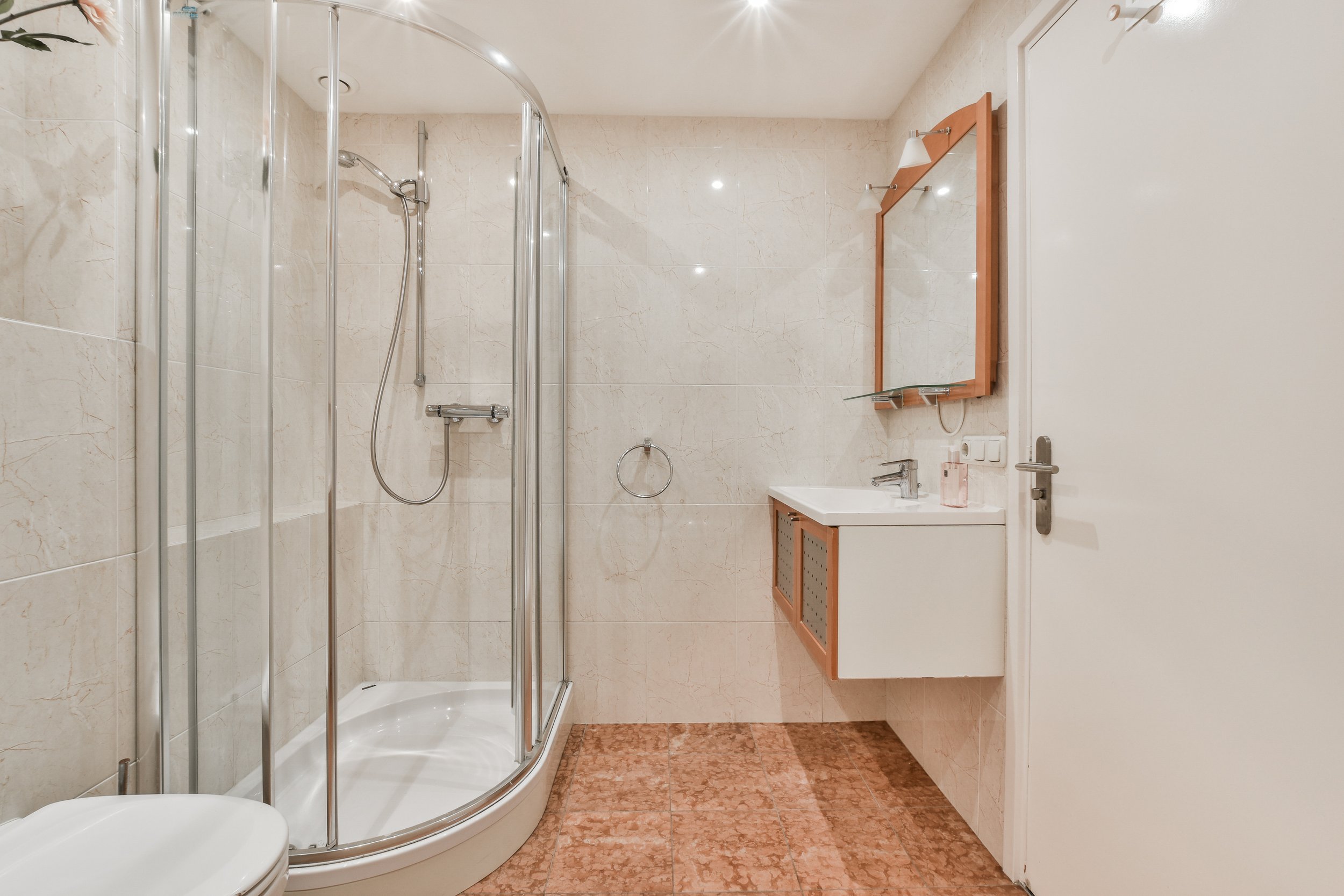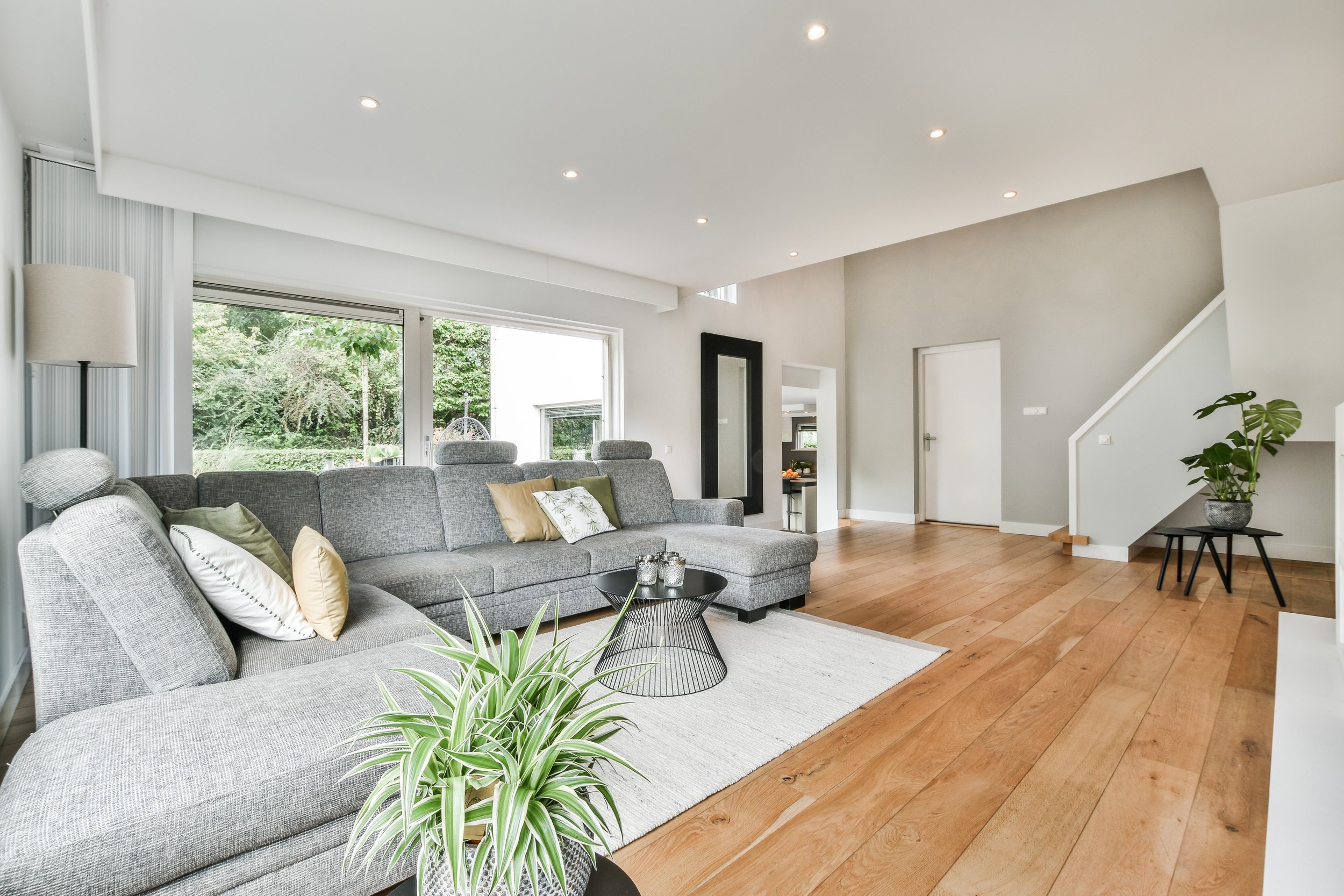
Do I Need a Contractor to Finish My Basement in Marietta, GA? Pros, Cons, and When to DIY
Homeowners in Marietta often look at the basement and see opportunity: a quiet office, a guest suite for college kids home on break, a media room for Falcons games, or a rentable space. The question comes fast after that vision: is a contractor necessary, or can a determined DIYer handle it? The honest answer depends on scope, local code, and how much risk makes sense for the household.
This guide breaks down what a contractor for basement projects brings to the table in Cobb County, where DIY fits, where it fails, and how to make a smart call that holds up under inspection and daily use.
What finishing a basement in Marietta actually involves
A finished basement is more than drywall and flooring. In Marietta and the unincorporated areas of Cobb County, most projects need permits for framing, electrical, plumbing, and HVAC modifications. Basements also carry moisture and radon considerations that do not show up in main-level remodels.
A typical scope includes layout planning, framing, fire blocking, insulation, vapor control, egress requirements for bedrooms, electrical circuits and AFCI/GFCI protection, supply and return air adjustments, bathroom rough-ins if needed, drywall, doors and trim, sound control, stair safety upgrades, and flooring choices that handle humidity. If a homeowner wants a kitchenette or rental-style suite, the complexity jumps from a long weekend to a true build.
Codes and permits in Cobb County: the parts that catch DIYers
Cobb County follows the International Residential Code with Georgia amendments. Permits apply to structural framing changes, adding or moving plumbing, new circuits and panels, and HVAC ducting. Inspectors look closely at ceiling heights, smoke and CO detector placement, bedroom egress window size and sill height, fire-rated door at the garage if https://www.heidecontracting.com/basement-finishing applicable, and stair handrails and guard heights. Plan review is fast when drawings are clear and the trade permits line up, but red tags come quickly for missing nail plates over wires, improper fire blocking, undersized egress, or bathrooms without proper venting.
A common Marietta issue: older ranch homes with partial basements often have lower framing heights, steel beams, and duct trunks that drop ceilings under code minimums. A contractor for basement work will map soffits and beam wraps to maintain compliant clearances and still keep the space comfortable.
Pros of hiring a contractor for basement finishing
Time, code compliance, and sequencing are the three big wins. A contractor coordinates trades so the electrician does not lag the plumber, inspections are passed in the right order, and drywall does not cover a missed nail plate. Material yield improves because cuts and layouts are efficient. Expect a professional to recognize moisture patterns along foundation walls in East Cobb clay soils, specify proper rigid foam against concrete, and avoid trapping vapor with the wrong insulation.

There is also risk management. Licensed pros carry general liability and, when using employees, workers’ comp. That matters if a saw accident happens in the home. Reputable contractors provide a written scope, a payment schedule tied to milestones, and a warranty that survives the last check.
In terms of time, a 900 to 1,200 square foot basement with a bathroom and a media room often runs 6 to 10 weeks with a contractor. The same job can stretch into six months or more for a solo DIYer working nights and weekends.
Where DIY fits and where it does not
DIY makes sense for demolition, simple framing, painting, shelving, and installing LVP flooring if the slab is flat and dry. Handy homeowners can handle interior doors and basic trim with patience. Many choose to perform the moisture prep, like sealing hairline cracks with epoxy and installing rigid foam and taped seams, then bring in pros for trades.

DIY is a bad idea for new electrical circuits, panel work, and plumbing in slab trenches. It usually ends poorly with inspections. Same for egress window cutting into a foundation wall; that is a structural cut and a water management detail that punishes mistakes.
A good hybrid: let a contractor for basement projects handle design, permits, framing layout, rough-ins, drywall hang and finish, and tile in wet areas. The homeowner then paints, installs LVP or carpet, and hangs shelving. This split saves money without risking core systems.
Moisture, radon, and comfort: Atlanta-metro realities
Marietta basements see seasonal humidity spikes, especially in late spring and through summer. A finished basement needs a vapor-smart wall assembly. On poured concrete or block, rigid foam (usually 1 to 2 inches) against the wall, taped and sealed, with stud framing in front reduces condensation. Fiberglass batts directly against concrete almost always leads to musty odors within a year. A contractor experienced in Atlanta clay soils will also recommend a dehumidifier hookup and, where needed, a sump pit upgrade.
Radon in Cobb County varies by neighborhood. Testing kits are inexpensive. If levels measure at or above 4 pCi/L, a mitigation system is straightforward to add before finishes go in. Planning for a future radon fan with a passive pipe run is smart even if current readings are low.
Comfort depends on supply and return air balance. Simply tapping one run into an overworked system can leave the basement chilly in winter and damp in summer. Experienced HVAC partners will run a load calc, add dedicated returns, and size supplies so the basement behaves like the rest of the house.
Bedroom or guest suite? Egress and bathrooms drive decisions
A bedroom in the basement changes the rulebook. Code requires a compliant egress window or exterior door from the bedroom itself. Typical numbers: a minimum net clear opening of roughly 5.7 square feet, with a maximum sill height of 44 inches above the finished floor. Cutting for a new egress window means excavation, a well, proper drainage, and lintel sizing. It is best left to a contractor.
Adding a bathroom adds cost but also value and daily convenience. In Marietta, many basements need a grinder or up-flush system if the main sewer line is higher than the slab. That decision hinges on layout and slope. A site visit settles it quickly.

Cost ranges in Marietta and what affects them
Numbers vary by finish level and complexity, but local averages help frame the decision. A simple finish without a bathroom often lands in the 40 to 70 dollars per square foot range with a contractor. A basement with a full bath, a wet bar, and upgraded acoustics often runs 70 to 120 dollars per square foot. Egress cutting, steel beam wraps, and extensive leveling push costs up. DIY work on paint and flooring can trim 3,000 to 8,000 dollars off a typical project if done well.
Material choices matter. LVP beats solid hardwood on slabs. Closed-cell spray foam costs more than rigid foam plus batts but buys a thinner wall and better air sealing. Sound control for a media room needs more than “soundproof drywall.” Staggered stud walls, resilient channel on ceilings, and mineral wool do the real work.
Signs a contractor is the right call
If the plan includes a bathroom, a bedroom, a kitchenette, panel upgrades, or any structural or exterior opening changes, hire a pro. If the household timeline is tight, a pro team avoids the six-month slog. If resale value matters, permitted and inspected work protects the next appraisal and buyer confidence. A contractor for basement projects who works routinely in Marietta will already know Cobb inspectors’ preferences, which speeds approvals.
How Heide Contracting approaches basement projects
Heide Contracting serves Marietta, East Cobb, Sandy Plains, Kennesaw, and nearby Atlanta neighborhoods with a lean, predictable process. The team starts with a site walkthrough and moisture and layout assessment. It produces a simple plan set suitable for permits, with clear line items for framing, trades, and finishes. Homeowners see a calendar with inspection checkpoints. Trades are licensed, and the office handles permit pulls with the City of Marietta or Cobb County as required.
A recent example: a 1,050 square foot basement off Trickum Road needed a guest suite, office, and media area. The slab was out of level by almost an inch across the long run, and the main beam dropped the clear height near the stairs. The crew built a soffit that doubled as a lighting trough, leveled critical paths with self-leveler rather than floating the entire slab, and tied a new return to eliminate that muggy feel in July. The job passed all inspections on the first round and wrapped in eight weeks. The homeowners painted and installed their own shelving to save costs.
What to expect if you DIY part of it
Plan the sequence on paper: water management and radon test, framing, rough-ins, inspections, insulation, drywall, trim, floors, final inspections. Buy a quality dehumidifier with a drain to a condensate pump or floor drain. Borrow or rent a laser for layout. Keep every receipt for permit closeout. Take photos of every wall before drywall for future reference. Build in one to two weeks of buffer across the entire timeline.
If the project stalls, a local contractor can step in, but costs rise when crews must open finished areas to verify hidden work. Agree early on inspection status, especially for concealed wiring or plumbing.
Quick decision guide for Marietta homeowners
- Hire a contractor for basement finishing if adding a bathroom, bedroom, egress, or moving structural elements.
- Use a hybrid approach if comfortable painting, installing LVP, or hanging doors, while pros handle permits and trades.
- Test for radon before framing and plan a dehumidification strategy from day one.
- Confirm ceiling heights and egress early, since those two items derail layouts most often.
- Get a written scope, timeline, and payment schedule tied to inspections rather than dates.
Ready to plan a basement that passes inspection and feels great all year?
Heide Contracting builds basements that hold up to Atlanta humidity, Cobb County inspections, and daily living. Whether the home sits near Kennesaw Mountain or off Johnson Ferry Road, the team can turn an unused lower level into a code-compliant, comfortable space. For a straightforward estimate and a clear plan, request a consultation. A short visit answers the big questions: budget, layout, and how much DIY fits without risking quality.
Heide Contracting provides renovation and structural construction services in Atlanta, GA. Our team specializes in load-bearing wall removal, crawlspace conversions, and basement excavations that expand and improve living areas. We handle foundation wall repairs, masonry, porch and deck fixes, and structural upgrades with a focus on safety and design. Whether you want to open your floor plan, repair structural damage, or convert unused space, we deliver reliable solutions with clear planning and skilled work. Heide Contracting
Atlanta,
GA,
USA
Phone: (470) 469-5627 Website:
https://www.heidecontracting.com,
Basement Conversions
Instagram: @heidecontracting
Facebook: Heide Contracting